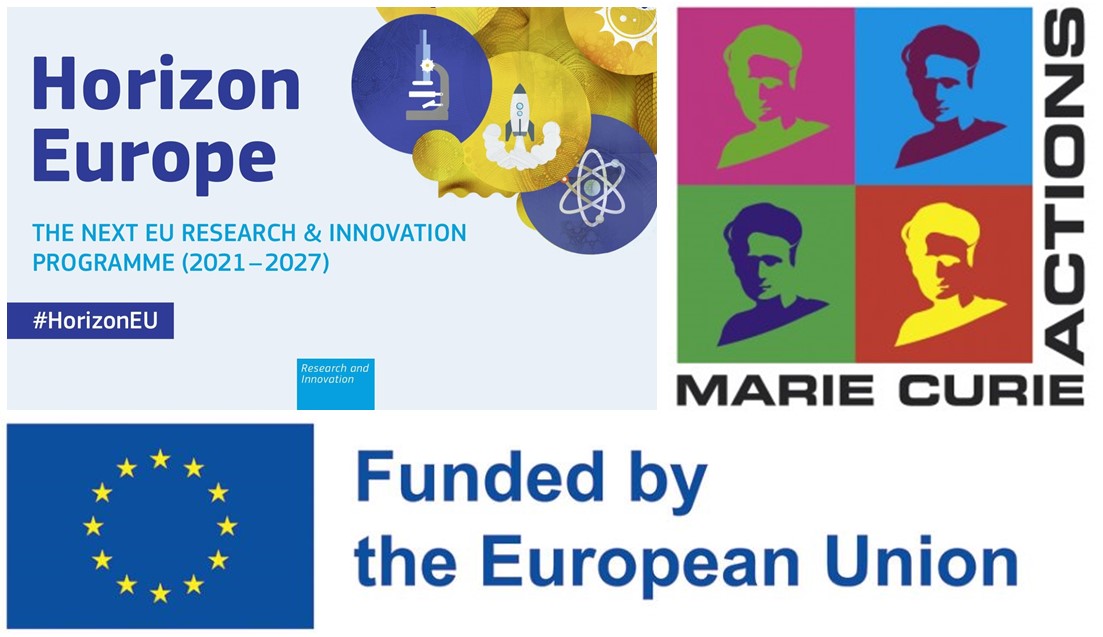About the project
The network is exploring how genetic information can be incorporated in social science, to improve our understanding of some of the age-old questions in the social sciences:
What are the origins of inequalities? To which extent is the interplay between environments and genes important in shaping life changes?
The consortium is funded by the European Research Council (ERC), and spans demography, economics, epidemiology, genetics, political science, psychology, sociology, and statistics, as well as seven non-academic partners experienced in and committed to using data science to better understand inequalities in life chances (https://essgn.org/participants/).
Two research projects are hosted by PROMENTA. They include phd fellowships supervised by Professor Eivind Ystrøm, leader of the genetics research group at PROMENTA, and Associate Professor Alexandra Havdahl, member of the PROMENTA research center.
Research project: Causal intergenerational persistence: Can strong intergenerational transmission of education be attributed to genetics or SES?
Objectives
This project aims to identify causal intergenerational effects on educational achievement in Norway by employing innovative methods to dissect the direct and indirect genetic influences of parents on their children's education. Recognizing that the offspring of well-educated parents often emulate their academic success, these patterns are not solely due to environmental factors. It intends to delve into the genetic endowment from parents to offspring, differentiating between indirect genetic effects—where the parental genome shapes the child's traits without being directly inherited—and direct genetic effects arising from genetic variations that children inherit from their parents.
Integrating genotypic and phenotypic data from family studies, the project will bridge the knowledge gap left by traditional research, which lacks genetic considerations, thereby potentially skewing the perceived impact of socio-environmental elements on educational outcomes. This comprehensive analysis is set to deepen our comprehension of the mechanisms driving educational transmission, considering the intricate web of visible and genetic factors that weave through generations. In the context of Norwegian society, the project strives to offer a holistic perspective on the enduring nature of educational progress from one generation to the next, providing a robust foundation for informed policy-making and educational strategies.
Outcomes
Our project seeks to shed light on the complex ways in which parental genetics influence their children's educational achievements. Using the innovative Trio-GCTA method, we will meticulously analyze the genetic information from families to distinguish between the genetic traits that children inherit from their parents and those they do not. This approach enables us to measure the direct and indirect genetic impacts of both mothers and fathers on their children's academic performance, including test scores, grades, and overall educational attainment.
To delve deeper into these genetic influences, we will calculate and compare transmitted and non-transmitted polygenic scores for parental traits, assessing their correlation with the educational outcomes of their offspring. Our analysis will be supplemented with sophisticated causal inference methods like Mendelian Randomization. This will help us navigate the complex relationship between genetics and education, considering the role of biological pleiotropy and using genetic variants as instrumental variables.
Leveraging the extensive and diverse genetic data from the MoBa cohort, the largest of its kind, our project stands at the forefront of understanding genetic transmission and its role in shaping educational pathways across generations. This research not only promises to advance our scientific knowledge but also has the potential to inform educational strategies and interventions in the future.
Research project: Identifying the contribution of environment and time-sensitive genetic variants on complex traits
Objectives
Complex traits are multifactorial and polygenic by nature, where hundreds or thousands of genes contribute only a small fraction on trait variation. Traditionally, each gene is viewed to have a separate and independent contribution such that the more genes known to increase a trait that a person possesses, the more likely that person is to express the trait.
In this project, we aim to expand this view by looking not only at the individual effects of genes on a trait, but also their compounding effect when their contributions are viewed together with other genes and non-genetic factors. We accomplish this by first observing how the influence of genes on a trait fluctuates over time and over genetic variants of the same gene. And as a second step, by using different psychosocial and environmental factors collected from different registries and questionnaires, we test whether these factors contribute to trait variation and, if so, quantify their combined effect with genes known to influence the trait.
Methodologies
Genome-wide association study (GWAS), variance GWAS, growth curve modelling, longitudinal mixed effects modelling, interaction testing.

Financing
This project has received funding from the European Union’s HORIZON-MSCA-2021-DN-01 programme under grant agreement number 101073237
